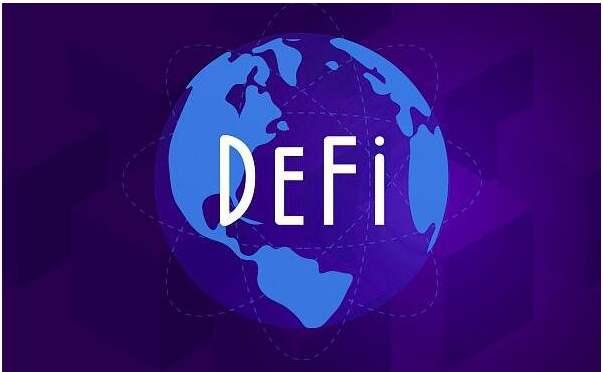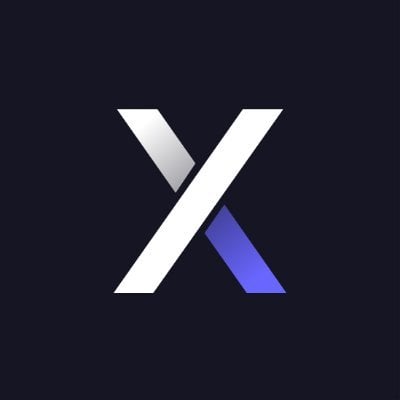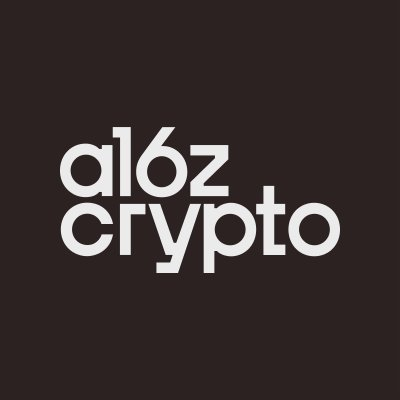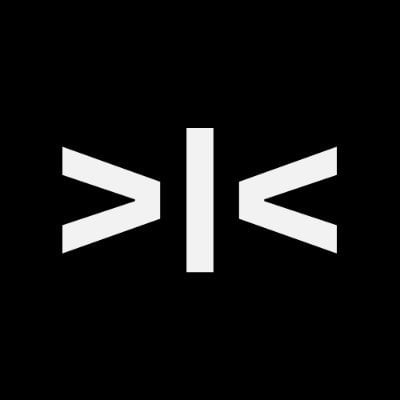"Offend" Vitalik? What is the future of MakerDAO?
Writers: Jaleel, Kaori, Joyce, BlockBeats
Editors: Jaleel, BlockBeats
As a leading figure in the cryptocurrency space, every move made by Vitalik attracts the attention of the community.
On September 2, Vitalik Buterin sold 500 MKR worth approximately $581,000, exchanging it for 350 ETH. This was Vitalik Buterin's first sale of MKR in two years.
Vitalik's sale of MKR sparked much discussion and confusion, especially since MakerDAO is currently the second-largest protocol by TVL in all of DeFi. Justin Sun, the founder of Tron Network, also questioned on social media, "Why is Vitalik giving up MKR?"
Many others shared Justin Sun's confusion, linking it to a blog post earlier published by MakerDAO founder Rune Christensen, which proposed creating a new chain using Solana's codebase. They believed that Vitalik's sale was a form of protest against MakerDAO's "Endgame" plan.

Rumor Refutation: The "Tribalism" Speculation?
After the incident gained traction, MakerDAO's founder expressed a helpless yet firm stance, stating that such speculations stemmed from "tribalists." When announcing the use of the Solana codebase as the foundation for NewChain, he responded by saying, "Having a more efficient backend means we can provide a better DSR on Ethereum."

Regarding the disputes caused by this decision, Solana co-founder Anatoly Toly Yakovenko posted two tweets, seemingly hoping to avoid getting caught up in a dispute and setting a peaceful and friendly tone for the matter.
Anatoly referred to this as a victory for open-source technology, saying, "I really hope people in the community don't use this as a stick to attack Ethereum." In comparing Solana and Ethereum, he also showed a friendly attitude, stating, "Solana was not built out of thin air; countless things that make @solana special are built on the research from Ethereum."

Vitalik's Complex Feelings Towards Solana
Although Solana and Ethereum are competitors, Vitalik seems to often "praise" Solana.
One of the most representative instances was after the FTX collapse and Solana's severe setbacks, when Vitalik expressed encouragement and blessings for Solana using the phrase "Some smart people tell me."

"Some smart people tell me that Solana has a genuinely smart developer community, and now that the terrible opportunistic funds have been washed away, this chain has a bright future. It’s hard for me to judge from the outside, but I hope the community gets a fair opportunity to develop," Vitalik said.

Image source: TradingView
Thanks to Vitalik's support, after his encouraging remarks, Solana's token price rose from the bottom.
At the same time, when the U.S. SEC labeled Solana's token SOL as an unregistered security in July this year, Vitalik commented that he felt sad about it, saying, "What I want to comment on is that I feel sad for Solana and other projects being hit like this."
This also reflects Vitalik's complex emotions towards Solana.
On one hand, as a crypto ally, Vitalik hopes Solana can return and contribute more to the crypto industry. For this reason, Vitalik once stated, "If Ethereum's victory comes from other blockchains being kicked off exchanges, that's not a glorious way, and in the long run, it might not even be a victory."
On the other hand, with a sense of pride, Vitalik's attitude towards Solana seems somewhat dismissive.
At the EDCON 2023 conference held in Podgorica, Montenegro, Vitalik took the stage dressed in traditional Montenegrin attire and introduced himself as Solana co-founder Anatoly Yakovenko, promoting its technology. The Ethereum co-founder jokingly said, "I am Anatoly, I come from Solana, and today I want to tell everyone why the most scalable blockchain relies on nodes running on powerful servers."

However, after the introduction, Vitalik did not mention Anatoly or Solana further. Instead, he covered points such as the poor usability of decentralized technology, insufficient asset security, and social recovery systems, which could be seen as a form of mockery towards Solana.
With complex feelings towards Solana, Vitalik sold MKR, which was prepared to "escape" Ethereum and turn to Solana.
"Escaping" Ethereum, MakerDAO is Not the First
Migrating to a Rust-based Solana codebase is significant for MakerDAO, as it has previously been written in Solidity and based on Ethereum. Not only MakerDAO, but the community also recalled several predecessors that had "escaped" Ethereum.
On June 23, 2022, dYdX announced it would migrate to the Cosmos ecosystem, setting a precedent for native DeFi applications escaping Ethereum. As early as November 2021, dYdX founder Antonio publicly questioned Ethereum's efficiency improvements on Twitter, indicating that he was considering moving dYdX to another chain.

Regarding the reasons for "escaping" Ethereum, Antonio believes that over the years, Ethereum has lacked practical implementation in technology, and dYdX's goal is to become a DEX that is "ten times the current scale and can compete with centralized trading platforms in terms of experience."
In the migration announcement, dYdX also mentioned that the team was dissatisfied with the current transaction speed of 10 transactions per second and the order/cancellation performance of 1000 times per second, and that scaling required building a centralized off-chain order matching system, which did not align with dYdX's decentralized trading positioning. Therefore, in V4, dYdX will build a decentralized off-chain order system, balancing performance and philosophy.
Solidity developer 0xTomoyo provided a technical analysis of the migration reasons. Currently, the dYdX order book runs on centralized servers off-chain, with L2 only used for settlement matching. Theoretically, they could build a memory order book on L2, but such tools do not currently exist. Therefore, dYdX chose to build a new chain on Cosmos, where each validator runs a memory order book, further achieving the protocol's decentralization.
Related reading: "dYdX 'Escaping' Ethereum"
In addition to dYdX, Compound's announcement in March 2021 to launch its independent chain network Gateway also attracted significant attention. Originally named Compound Chain, Gateway is an independent chain aimed at becoming a unified DeFi hub, achieving cross-chain DeFi. Users can stake assets on chain A and borrow on chain B—thus connecting all chain assets, enhancing overall asset utilization and liquidity.
The Future of MakerDAO: Where to Go?
Returning to the reason for Vitalik's token sale, some linked it to a blog post published by MakerDAO founder Rune on Friday, believing that Vitalik's sale was a form of protest against MakerDAO's "Endgame" plan.
In the blog, Rune specifically expressed that MakerDAO would re-implement the long-term plan for the project, proposing to create a new chain using Solana's codebase. Rune also listed three reasons he believes the Solana codebase is the "most promising" for exploring NewChain, including the technical quality and optimization of the Solana codebase, the resilience of the Solana ecosystem after the "FTX explosion," and past successful forks of Solana, such as the Pyth network.
Rune proposed a possible future where MakerDAO's NewChain would serve as a security bridge between Ethereum and Solana, "providing a beneficial push for the network effects of the entire multi-chain economy."
Rune's Reason for Choosing SOL: The "Endgame" Plan
This inevitably brings to mind the reasons why VCs like a16z sold off their MKR holdings, which was due to their disagreement with the "Endgame" plan.
The "Endgame" plan was first proposed by Rune in June 2022 and includes four main components: establishing complete decentralization of Maker DAO; increasing the liquidity of Dai and stabilizing its interest rates; enhancing the sustainability of the protocol and reducing systemic risk; and improving decentralized governance and DAO operations.
After top venture capital firms like a16z, Paradigm, and Dragonfly sold off their MKR holdings, MKR shed the burden of VCs, and Rune became more determined in his "Endgame" plan. With the MakerDAO community voting on August 5 to pass a proposal aimed at enhancing its functionality and adding new protocols, the market's attitude towards DAI seems to have begun to shift. The proposal was executed on August 7, and according to MakerDAO's Spark Protocol page, DAI's deposit rate (DSR) has now increased to 8%.

Data source: DUNE
This change seems to have greatly aided the revival of DAI. According to the latest data, the total locked value (TVL) of the DAI pool has exceeded $400 million, and DAI's market capitalization has surpassed BUSD.
Vitalik's "Three Bearish Views" on MakerDAO
In fact, this is not the first time Vitalik has made "negative comments" about MakerDAO.
During a discussion on Reflexer Finance Discord, Vitalik seemed to disagree with MakerDAO's NewChain strategy, believing it was "self-destructive in a strange direction." "MakerDAO is currently the leader in the DAO governance multi-collateral stablecoin segment, while RAI occupies the segment of 'minimally governed native collateral.' Since MakerDAO has chosen to explore other directions, RAI can actually move into MakerDAO's segment, being more proactive in governance and supporting more niche ETH staking tokens," Vitalik stated.

Image source: A team member of RAI, Reza.eth
Previously, when MakerDAO upgraded from single-asset collateral Dai to multi-asset collateral Dai, Vitalik expressed differing views. He has also pointed out that Maker's governance is overly complex and centralized (Vitalik advocates for minimal governance). Coupled with this comparison with RAI in the territory of Reflexer Finance, it shows that he does not fully agree with MakerDAO's current development path.
However, there is also a portion of the crypto community that supports and is optimistic about MakerDAO. Some KOLs pointed out, "Maker can certainly stick to the original single-collateral DAI without transitioning to multi-collateral DAI, but that would mean DAI would not achieve the current scale of issuance. Moreover, when DAI depegged in 2020, if it hadn't incorporated the centralized asset USDC, the Maker project might not have survived."
From this, we find that MakerDAO founder Rune's persistent "Endgame" plan has not been smooth in execution. After offending VCs like a16z, he decided to create a new chain using Solana's codebase, which seems to have "offended" Vitalik as well.
In the future, where will MakerDAO go?
















